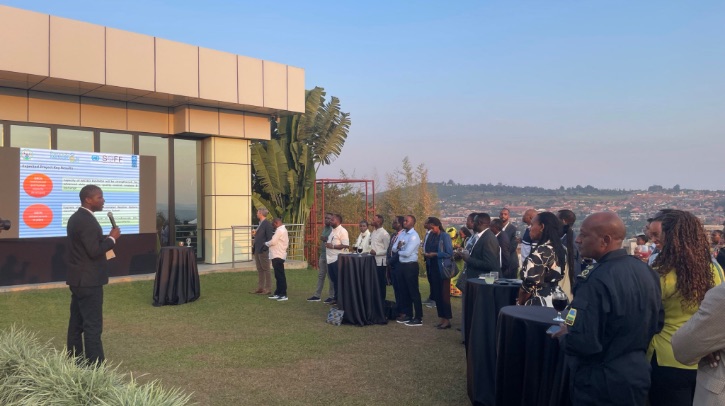The Systematic Observations Financing Facility (SOFF) has invested US$3.5m in Rwanda’s meteorological capabilities to rehabilitate three surface stations and install the country’s first upper–air (radiosonde) station.
Geographic importance for regional observations
This US$3.5m of grant finance is the second out of three SOFF phases. The WMO’s global Global Basic Observing Network (GBON) gap analysis in June 2023 indicated the need to improve one surface station. However, due to the country’s location in a severely under-observed and conflict-afflicted area, Rwanda was approved for additional SOFF support. This means rehabilitating three surface stations rather than just one. The country’s data collected and shared from the highly heterogeneous topography with several microclimates will contribute to improved numerical weather prediction.
The Global Basic Observing Network
After completing the first phase, Rwanda is closer to achieving compliance with the GBON. Despite the global standards for meteorological observations being mandatory from 2023, less than 10% of the required data is available from Least Developed Countries and Small Island Developing States. Upon reaching and completing the third phase, compliance, Rwanda will meet its GBON requirement for collecting and sharing basic weather and climate data.
SOFF capacity
With the United Nations Development Programme (UNDP) as the Implementing Entity and technical assistance from the Finnish Meteorological Institute (FMI) as a peer advisor, the SOFF investment is intended to support Rwanda in strengthening national data collection and international data exchange.
In related news, in collaboration with the Finnish Meteorological Institute, the Trinidad and Tobago Meteorological Service (TTMS) has hosted the Systematic Observations Financing Facility (SOFF) Country Hydromet Diagnostics Stakeholder Workshop at the Centre of Excellence in Macoya, Trinidad. Click here to read the full story.



